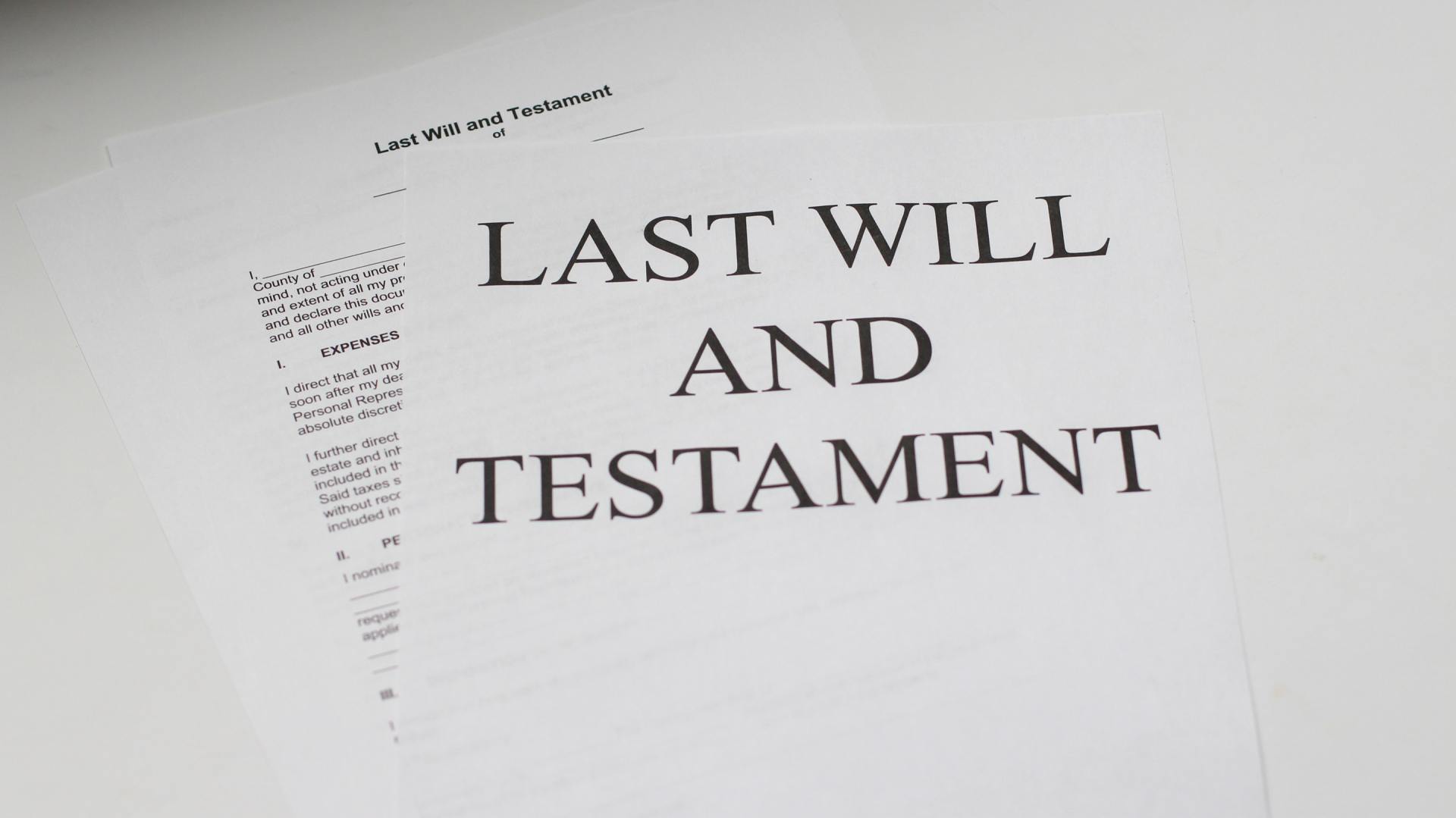A Last Will and Testament is a Declaration that Identifies a Person's Last Requests.



Have an idea for a blog? Click and request a blog and we will let you know when we post it!
Let’s talk about your legal issue
Wilson Legal Group P.C.
d/b/a Wilson Whitaker Rynell
(972) 248-8080 (Dallas) MAIN OFFICE
(713) 830-2207 (Houston) Appointment Only
(512) 691-4100 (Austin) Appointment Only
For more information on how we can assist in your intellectual property, commercial litigation, divorce, or other personal needs, let us know how we can help you:
How Can We Help You?
WILSON WHITAKER RYNELL
Thank you for contacting us!
We will get back to you as soon as possible.
Please try again later.
Disclaimer:
This form does not establish an attorney-client relationship, and should only be used to contact the firm about scheduling a call or meeting. No confidential or sensitive information should be sent using this form.
The law office of Wilson Legal Group P.C. (d/b/a Wilson Whitaker Rynell) represents clients nationwide, including Dallas, Austin, Houston, and other Texas areas such as Fort Worth, Arlington, Carrollton, Plano, Allen, Lewisville, Flower Mound, Irving, Denton, McKinney, North Richland Hills, and all cities within Dallas County, Tarrant County, Collin County, and Denton County.
OFFICES
ABOUT
CONTACT
BLOG
JOIN OUR NEWSLETTER
Wilson Whitaker Rynell
16610 Dallas Parkway, Suite 1000
Dallas, Texas 75248
972-248-8080 (MAIN)
972-248-8088 (FAX)
info@wrrlegal.com (E-MAIL)











